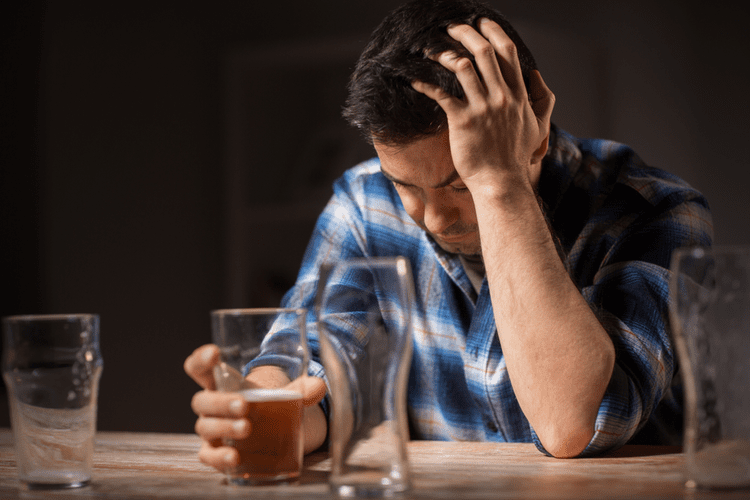

Content
For more serious or active treatment, there are support groups for those with anxiety which can help people understand and deal with the disorder. A panic attack is a sudden episode of intense fear that triggers severe physical reactions when there is no real danger or apparent cause. When panic attacks occur, http://acid.name/?p=4139 you might think you’re losing control, having a heart attack or even dying. With treatment, most people who experience panic attacks or have panic disorder get better. A panic attack causes sudden, temporary feelings of fear and strong physical reactions in response to ordinary, nonthreatening situations.
In the Breier et al.6 study, 80% of patients (8 of 10) had alcoholism before their first panic attack. The clinical study by Goldenberg et al.21 failed to support the self-medication hypothesis. A reanalysis http://novostinauki.ru/news/19551/ of the Epidemiologic Catchment Area study22 found that, in subjects with comorbid alcoholism and PD, alcoholism appeared first in 60% of cases, and in 33% of individuals PD had an earlier onset.
He had no history of panic attacks before or during the alcohol abuse period. Mr. B was diagnosed with panic disorder according to the DSM-IV-TR criteria and was treated with paroxetine, initially 10 mg/day and gradually increased to 40 mg/day. He achieved remission of the panic attacks but was still presenting with limited symptom attacks related to stressful and threatening places or situations at 3 months’ follow-up.
Consistent over-consumption of alcohol can even leadevere panic episodes. Alcohol can also increase the nervous system side effects of antidepressant medications or other miscellaneous drugs used for anxiety. Side effects may include dizziness, drowsiness, trouble concentrating, impairment in thinking, slowed reflexes, and poor judgment. You should avoid or limit the use of alcohol while being treated with antidepressants for anxiety. Avoid activities requiring mental alertness such as driving or operating hazardous machinery until you know how the medication affects you. If you have panic attack symptoms, seek medical help as soon as possible.
There’s a lot of science behind the ways in which anxiety develops after drinking. For example, alcohol suppresses glutamate, which is an excitatory neurotransmitter in the brain. By the time http://knifesethouse.ru/t/1780095 the alcohol wears off, the body often has adjusted to the glutamate suppression by making more glutamate. “So you have this extra glutamate out there that makes you more anxious,” Koob says.
